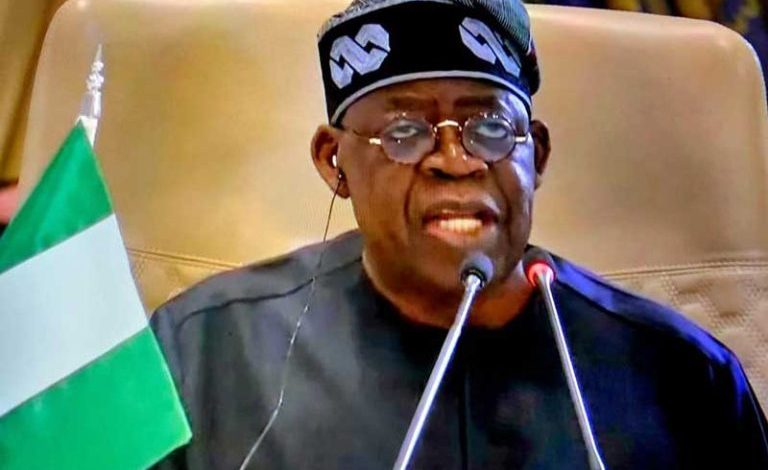
President Bola Tinubu has announced a ban on the importation of foreign goods that can be produced locally in Nigeria.
The new directive, revealed after Monday’s Federal Executive Council meeting at the Presidential Villa, aims to protect and promote Nigerian industries.
Minister of Information and National Orientation, Mohammed Idris, said the policy, called the Renewed Hope Nigeria First Policy, is a major economic shift designed to support local content, reduce dependence on foreign products, and encourage job creation.
President Tinubu has also placed strict conditions on the hiring of foreign workers.
According to the new order, expatriates will no longer be allowed to take on jobs that Nigerian professionals and artisans can do unless they receive special approval from the Bureau of Public Procurement (BPP).
Idris noted that the President’s plan mirrors the “America First” policy introduced by former U.S. President Donald Trump but with a Nigerian focus.
“This policy seeks to foster a new business culture that is bold, confident, and very Nigerian,” Idris said. “It aims at making government investment directly benefit our people and industries by changing how we spend, how we procure, and how we build our economy.”
To enforce the new policy, the BPP has been directed to revise procurement rules and ensure that all government purchases prioritise Nigerian-made products.
All MDAs must now submit procurement plans that align with the new local-first approach. Government officials have also been warned that any breach of these rules will attract disciplinary action and possible cancellation of contracts.
“Contractors will no longer be mere intermediaries sourcing foreign goods while Nigerian factories lie idle. Government money must now work for the Nigerian people,” the minister stated.
Idris cited the sugar industry as an example of where local production has been ignored, saying Nigeria still imports sugar despite having local producers and a functioning Nigerian Sugar Council.
He added that even when foreign contracts are necessary, they must include clear plans for technology transfer, local production, or capacity development in Nigeria.
